Many tricks from the 1800s offer simple solutions to everyday problems, such as household chores or personal care, which proves that good advice never goes out of date! Here are 20 genius life hacks from the 19th century that are still surprisingly effective.
Homemade Cleaning Solutions
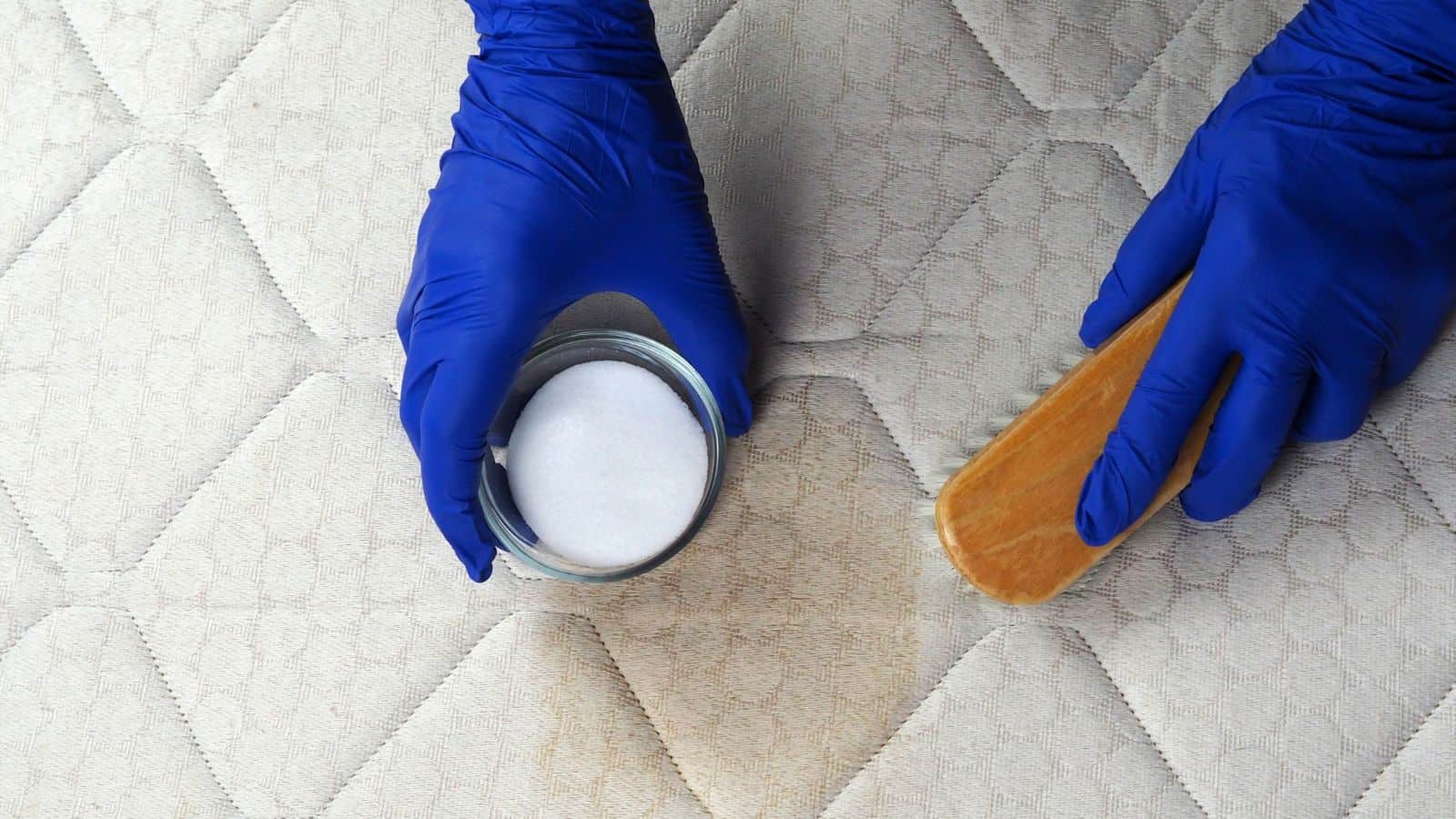
Using common ingredients to make homemade cleaning solutions is a simple trick that has been used for years. Baking soda can be used for scrubbing and deodorizing, and lemon juice can be useful for removing stains and polishing metal. You can also combine vinegar and water to create an all-purpose cleaner.
Preserving Food Without Refrigeration
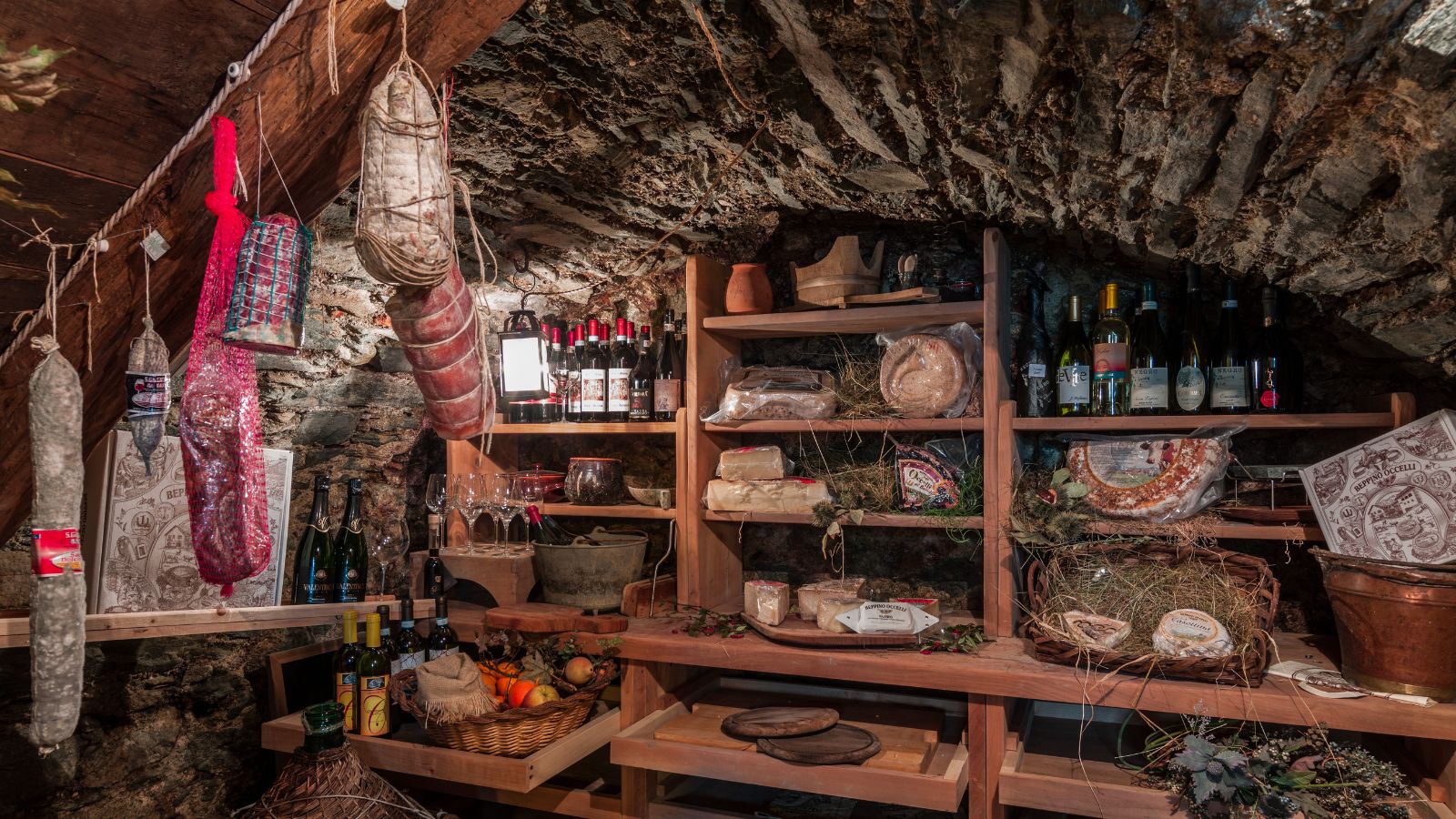
The 1800s brought clever ways to preserve food. The Spruce says “the first commercial canning establishment in the U.S. was started in 1812,” and cans are popular to this day! We also use other old-fashioned food preservation techniques like salting and curing meat and storing vegetables in a root cellar.
Natural Remedies for Illnesses
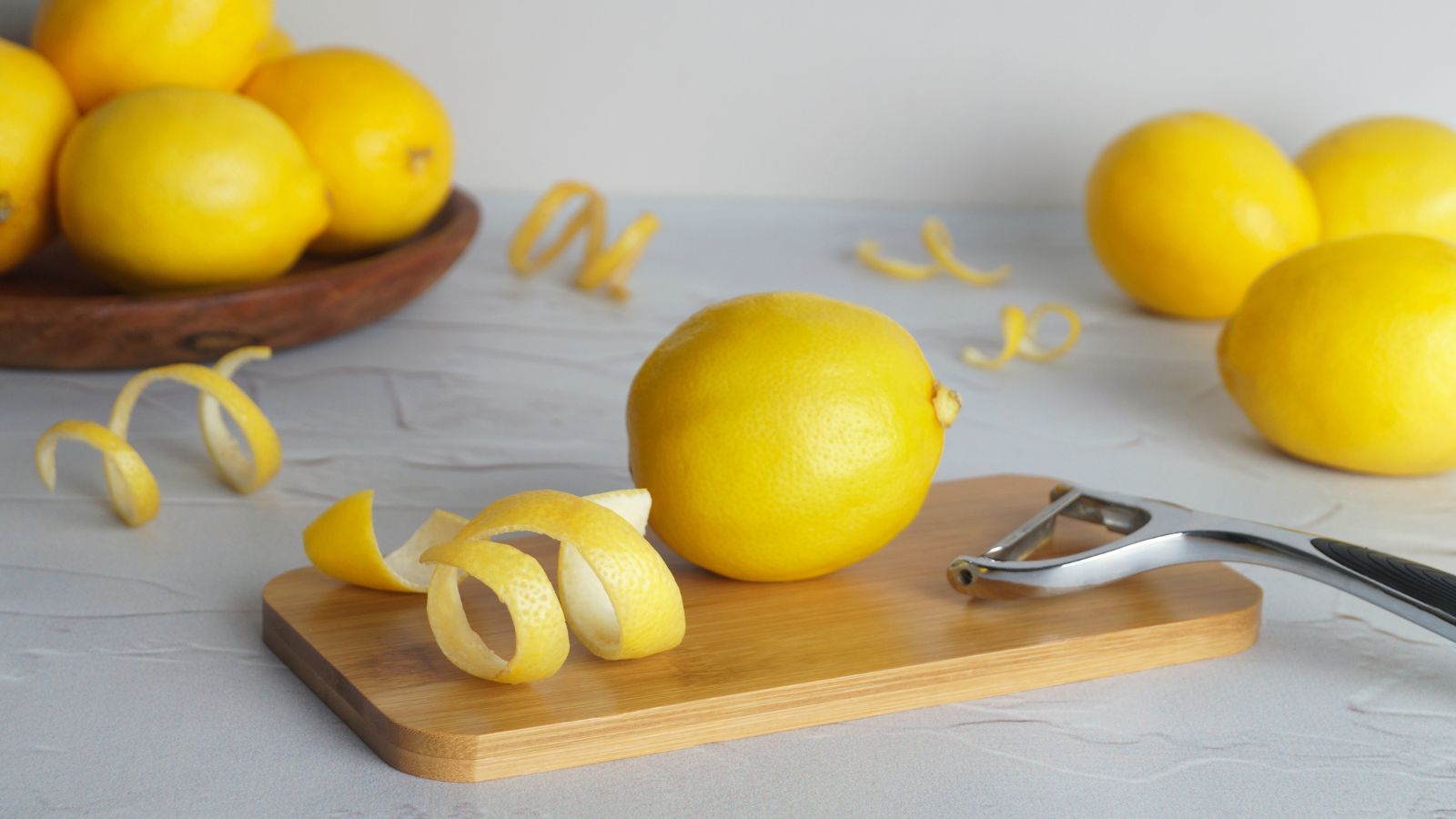
If you’ve ever used natural remedies to treat an illness, you should thank the 1800s! Natural treatments like using honey and lemon for sore throats, peppermint tea for digestive issues, and willow bark for pain relief all came from the 19th century.
Homemade Soap
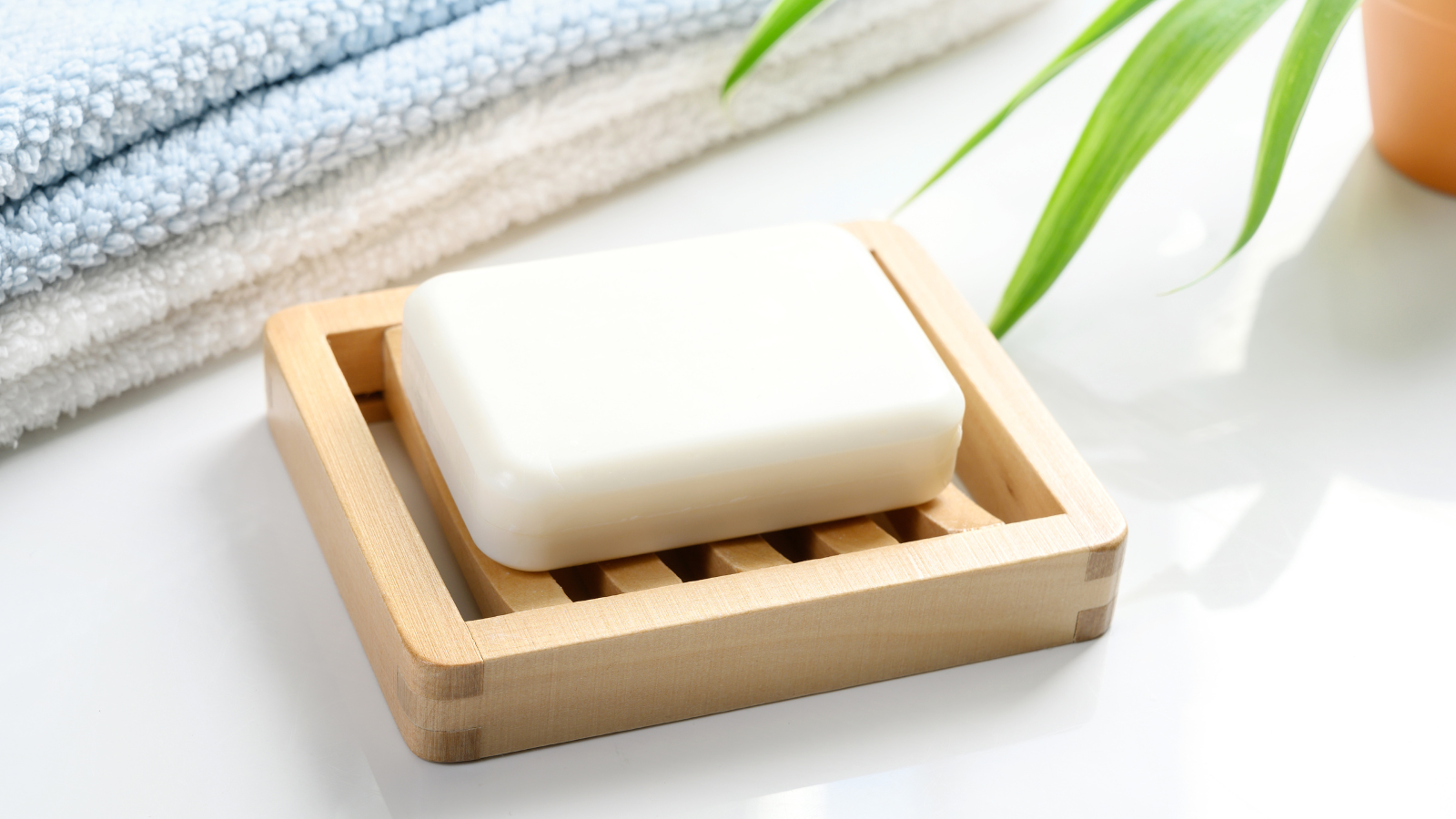
People used to make their own soap back in the day. It might sound like a lot of effort, but it could save you money! Homemade soap is made with animal fat and lye, and you can add different herbs to give it a nice fragrance or medicinal properties.
Pest Control
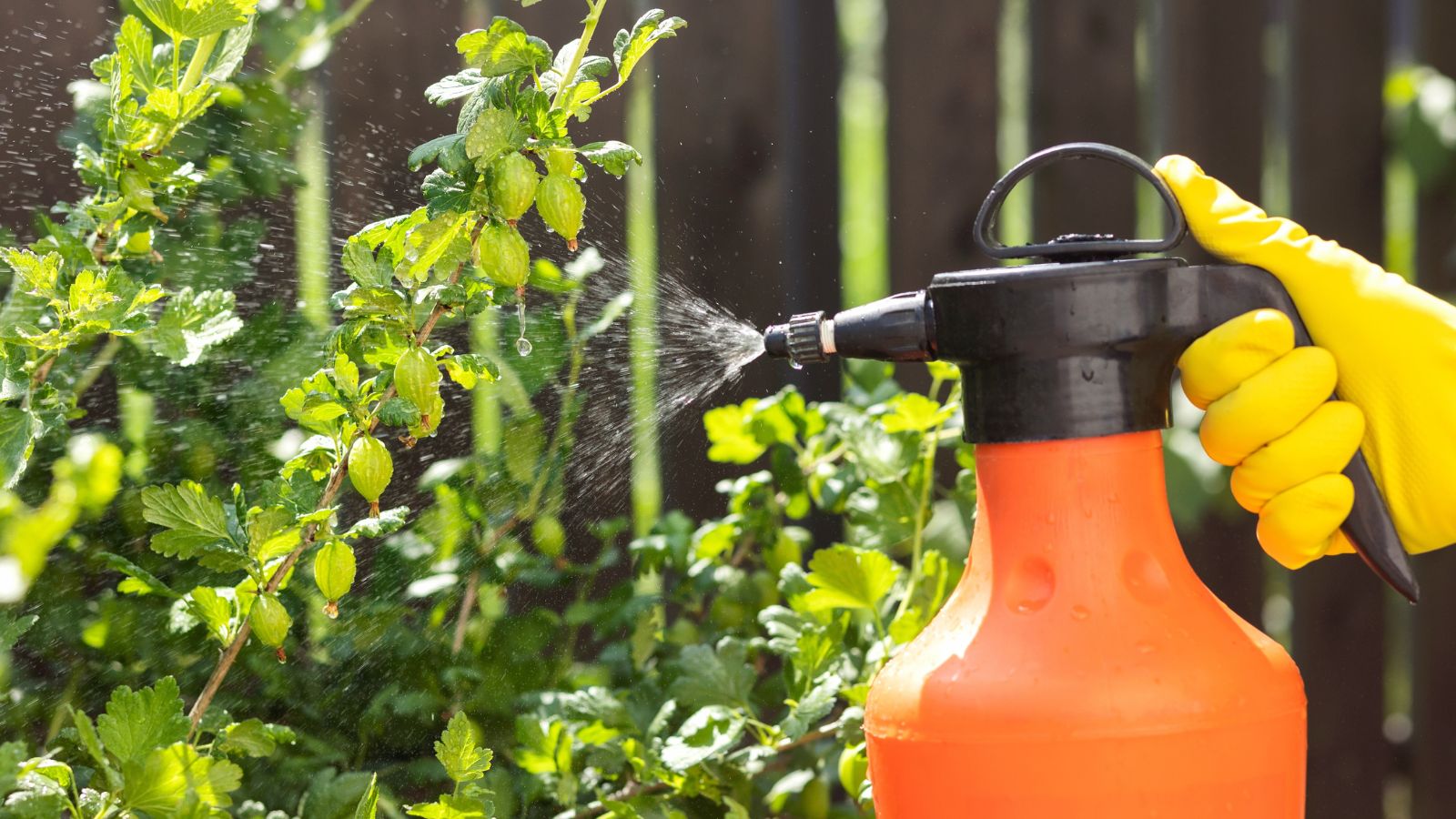
In the 19th century, people used a variety of pest control techniques that were just as effective and even better for the environment than modern methods. These included planting marigolds to repel insects and using diatomaceous earth for crawling pests.
Clothing Repairs
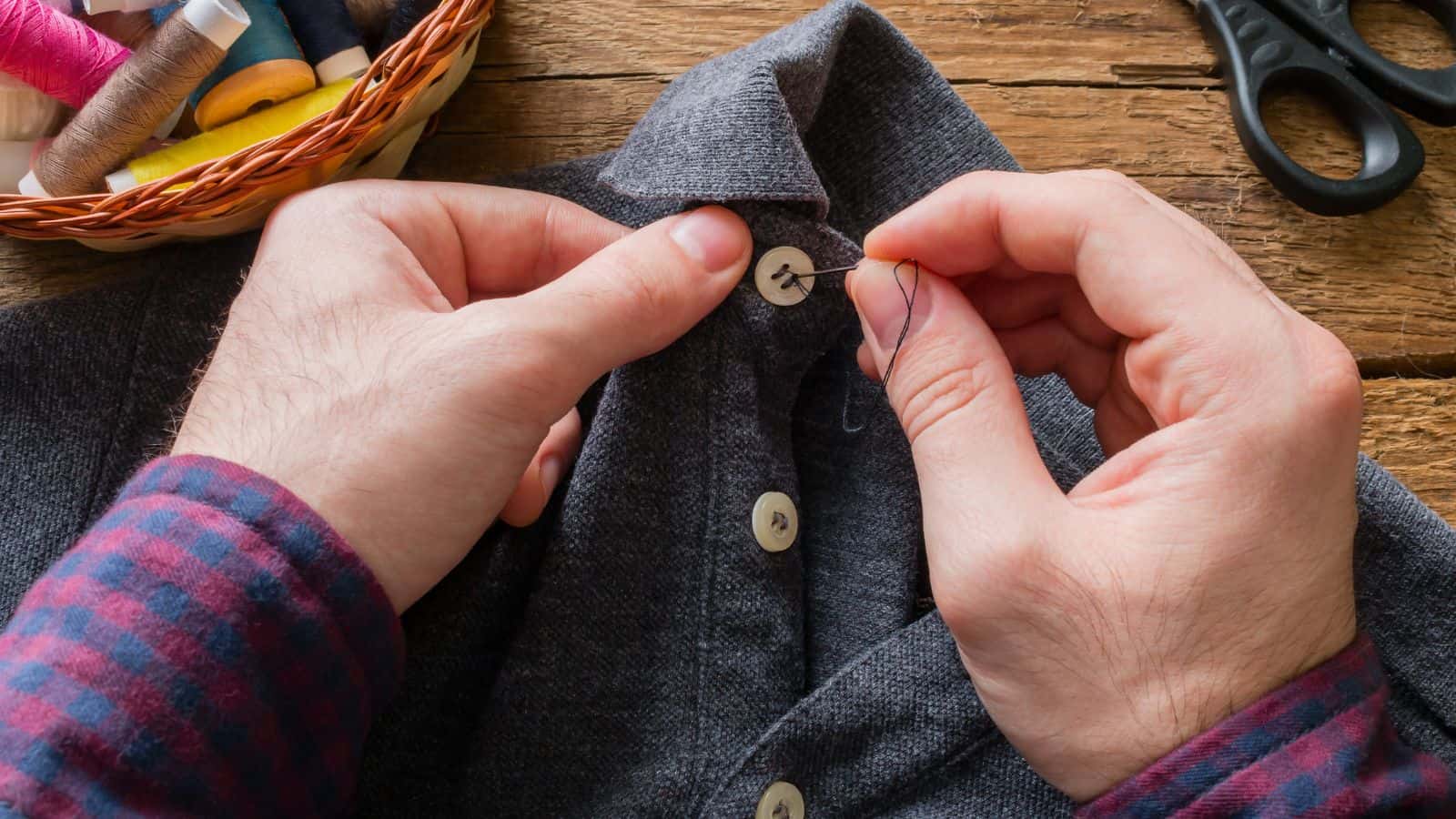
Being able to sew and repair clothes by yourself is a valuable skill. Knowing how to do things like hand-stitching, darning socks, replacing buttons, and repairing hems, rather than simply throwing your clothes away and buying more, can save you a lot of money over time!
Natural Dyes
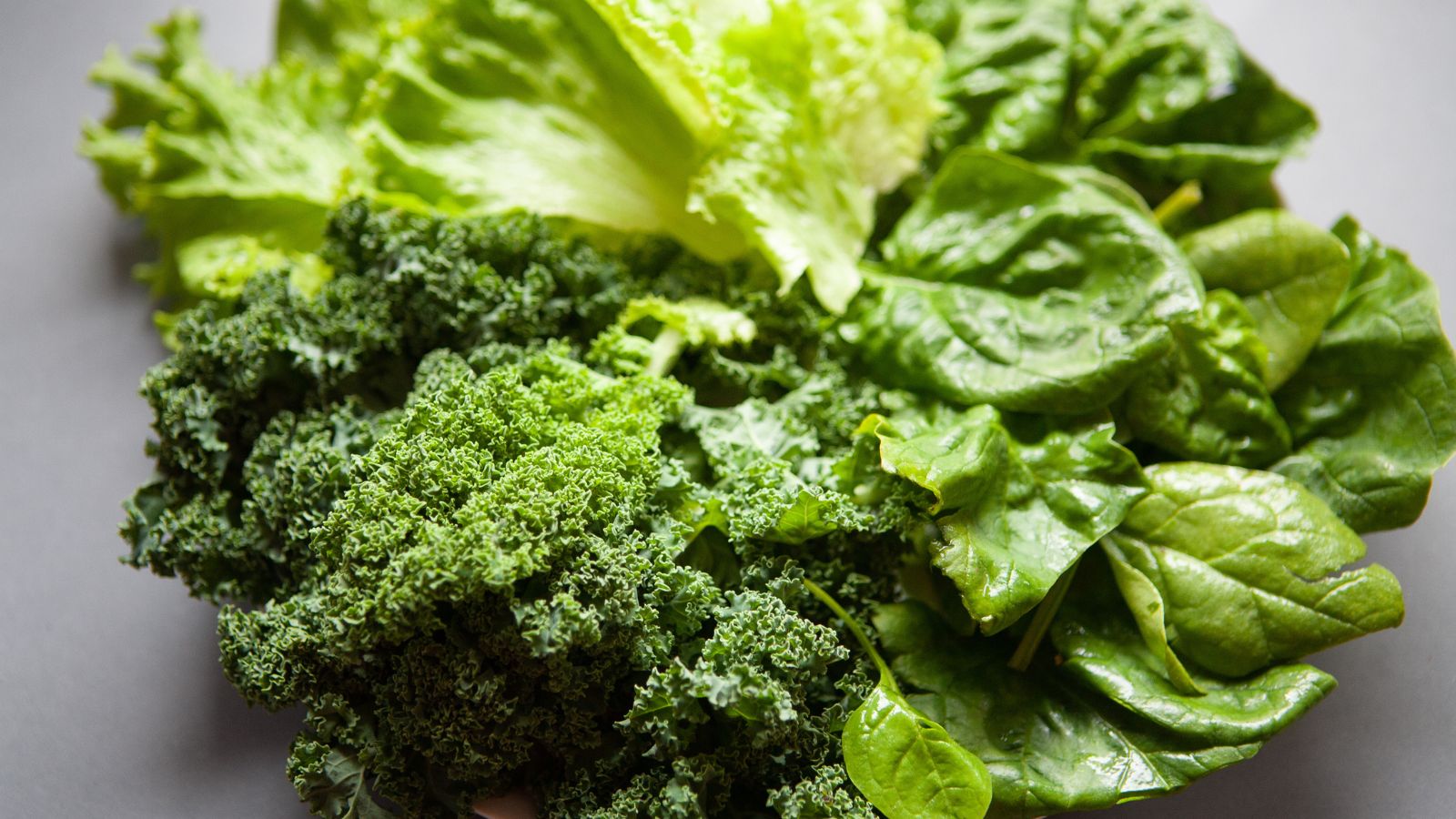
Natural dyes can be made from plants and vegetables. Martha Stewart suggests using “beets, spinach, turmeric, and red cabbage to create a brilliant range of dye colors for tie dyeing and more.” You could even get creative and do this as an activity with your kids!
Starting a Fire
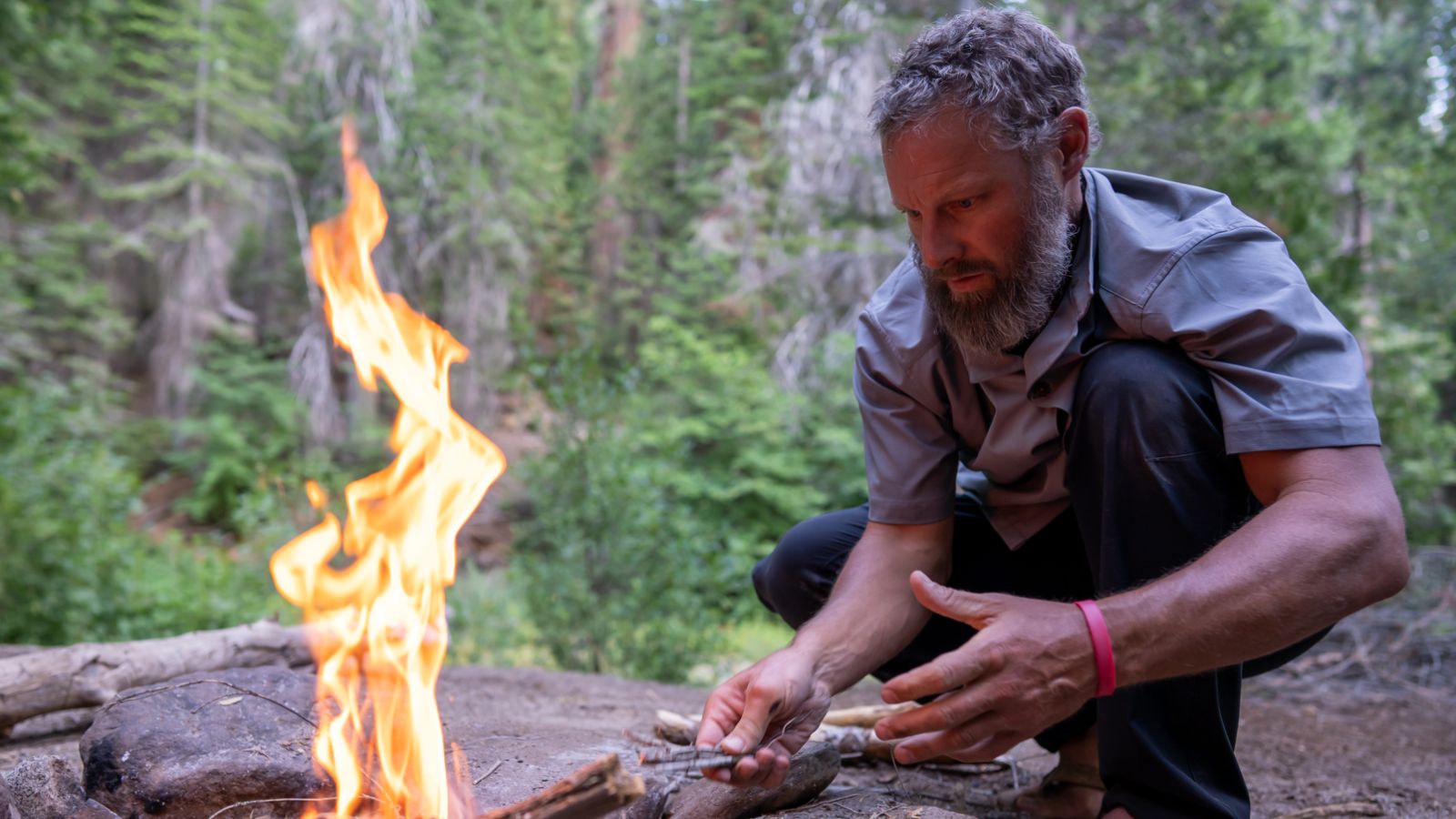
Without access to modern ways of starting a fire, people in the 1800s mastered creating fire with minimal, natural materials. You can use flint and steel to start a fire and create a char cloth for reliable tinder. Knowing efficient fire-starting techniques could be crucial in an emergency situation!
Homemade Beauty Treatments
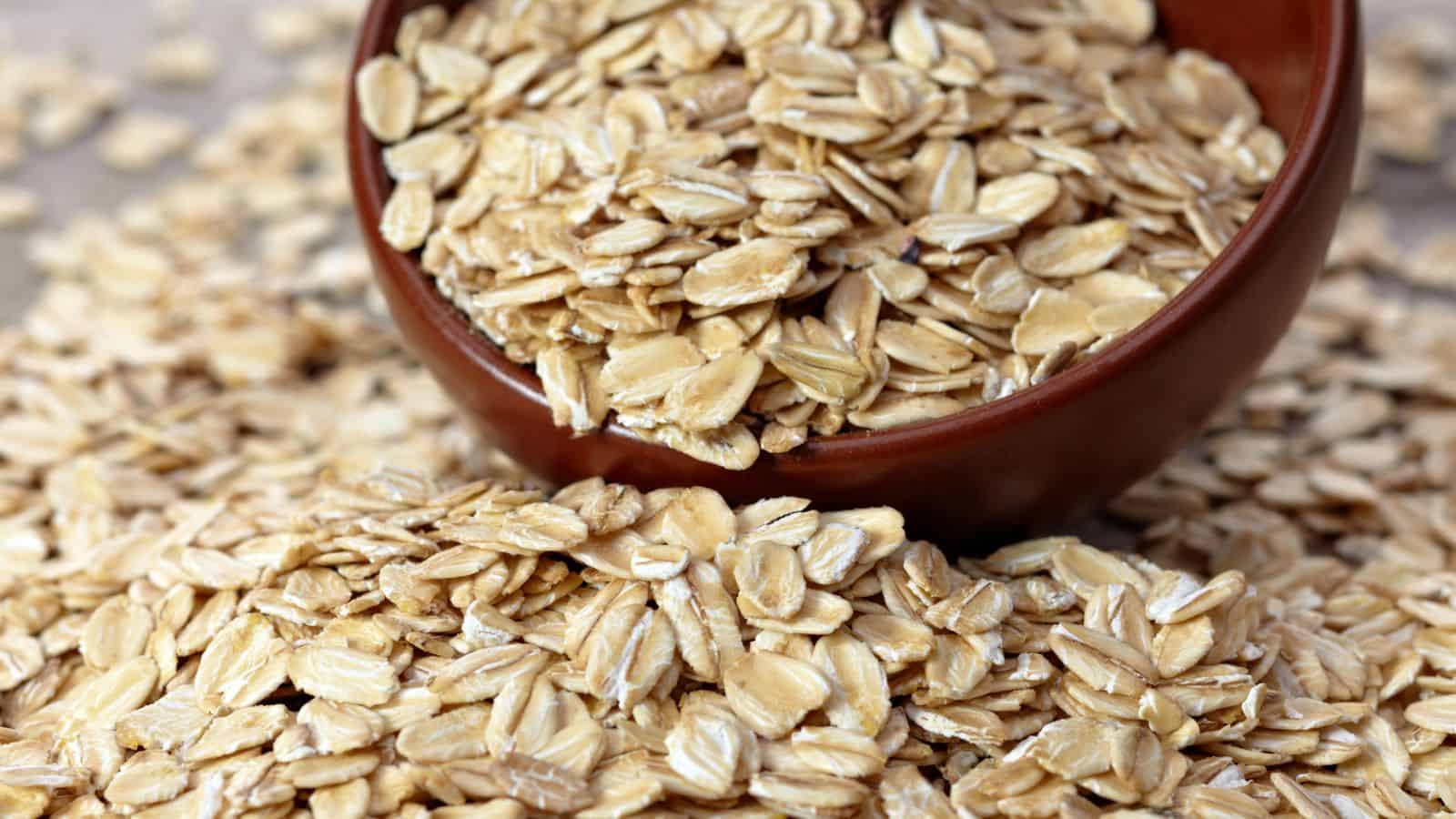
We all want to look flawless, right? Maybe we should try the effective homemade beauty treatments from the 1800s. People used to use oatmeal and honey as face masks and rosewater to tone their skin. Apple cider vinegar was also often used as a hair rinse.
Laundry Methods
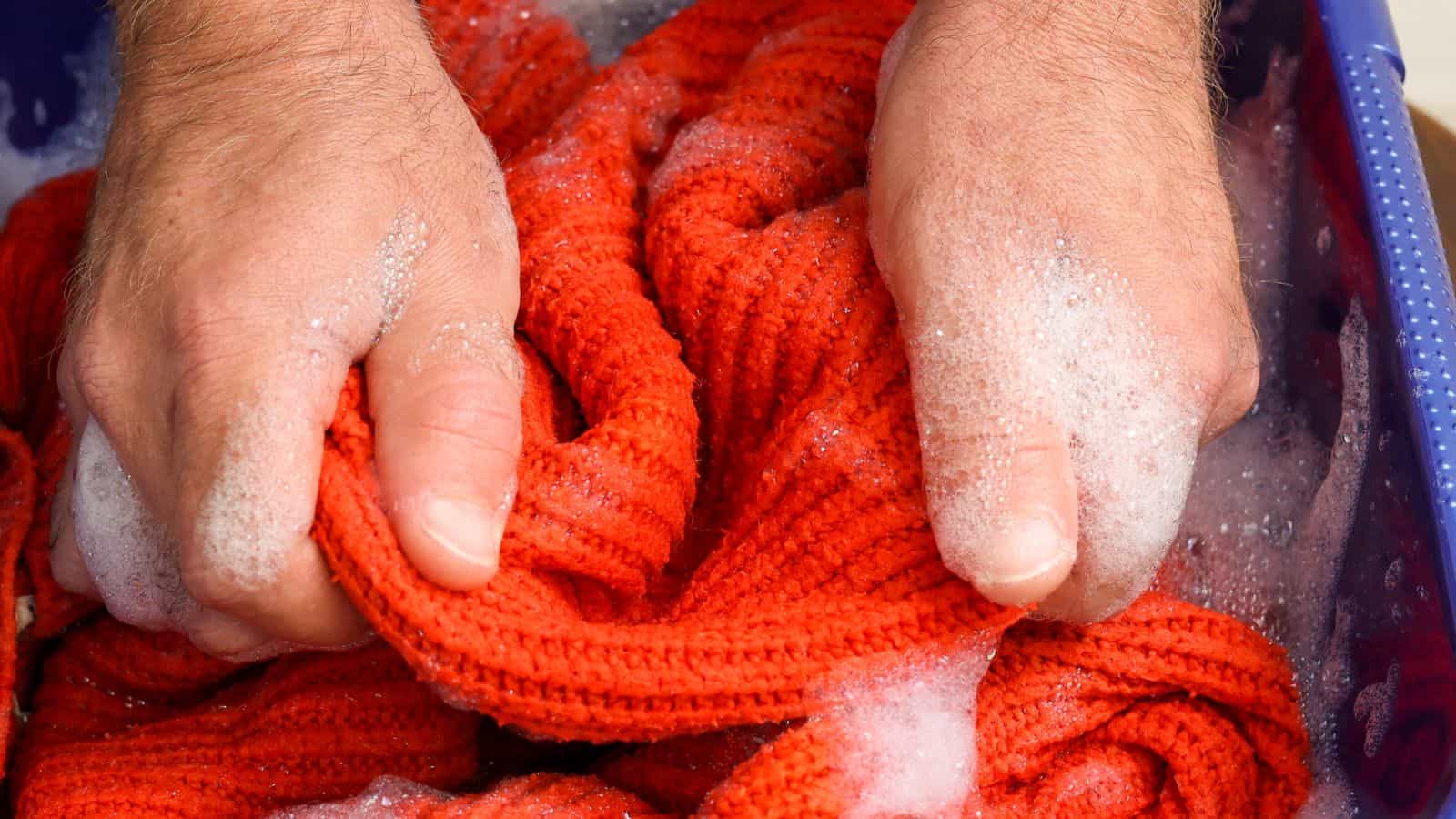
People washed their laundry pretty differently back in the 19th century. It was common to boil clothes for a deep clean, with people using a washboard, a wringer, and homemade laundry soap to clean their clothes. These methods were successful and would still work today!
Preserving Herbs and Spices
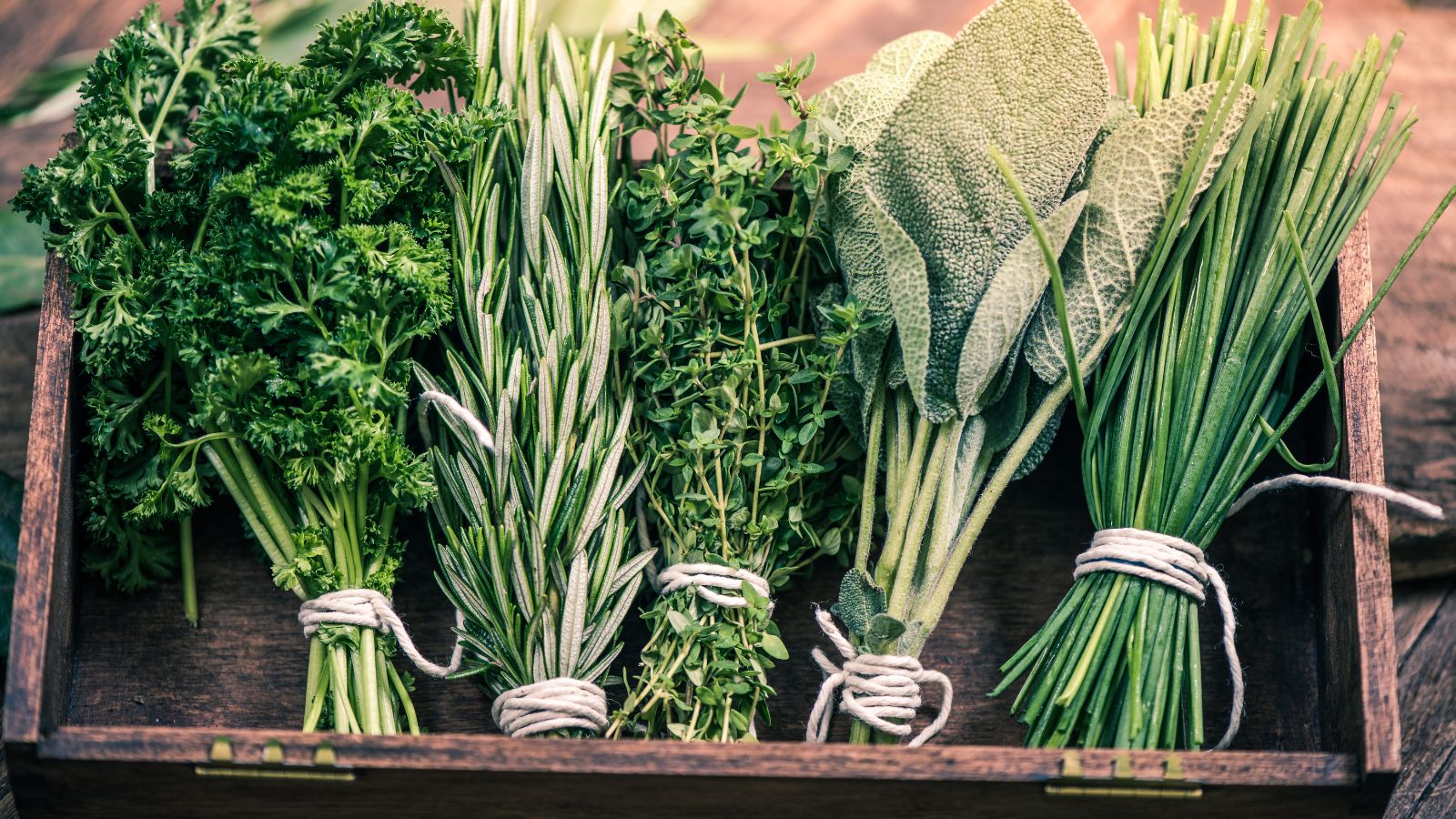
Many techniques for preserving herbs and spices in the 1800s are still used today! You can dry herbs in bunches to preserve them or infuse oils with fresh herbs. For spices, you can store them in airtight containers.
Natural Insulation

Buildings used to be insulated with straw and mud. The BBC highlights how straw, “a millennia-old building material,” is still used in modern buildings. People also used to hang heavy curtains to keep heat in or create draft stoppers from old fabric. These tricks could save you money on your heating bills!
Homemade Candles
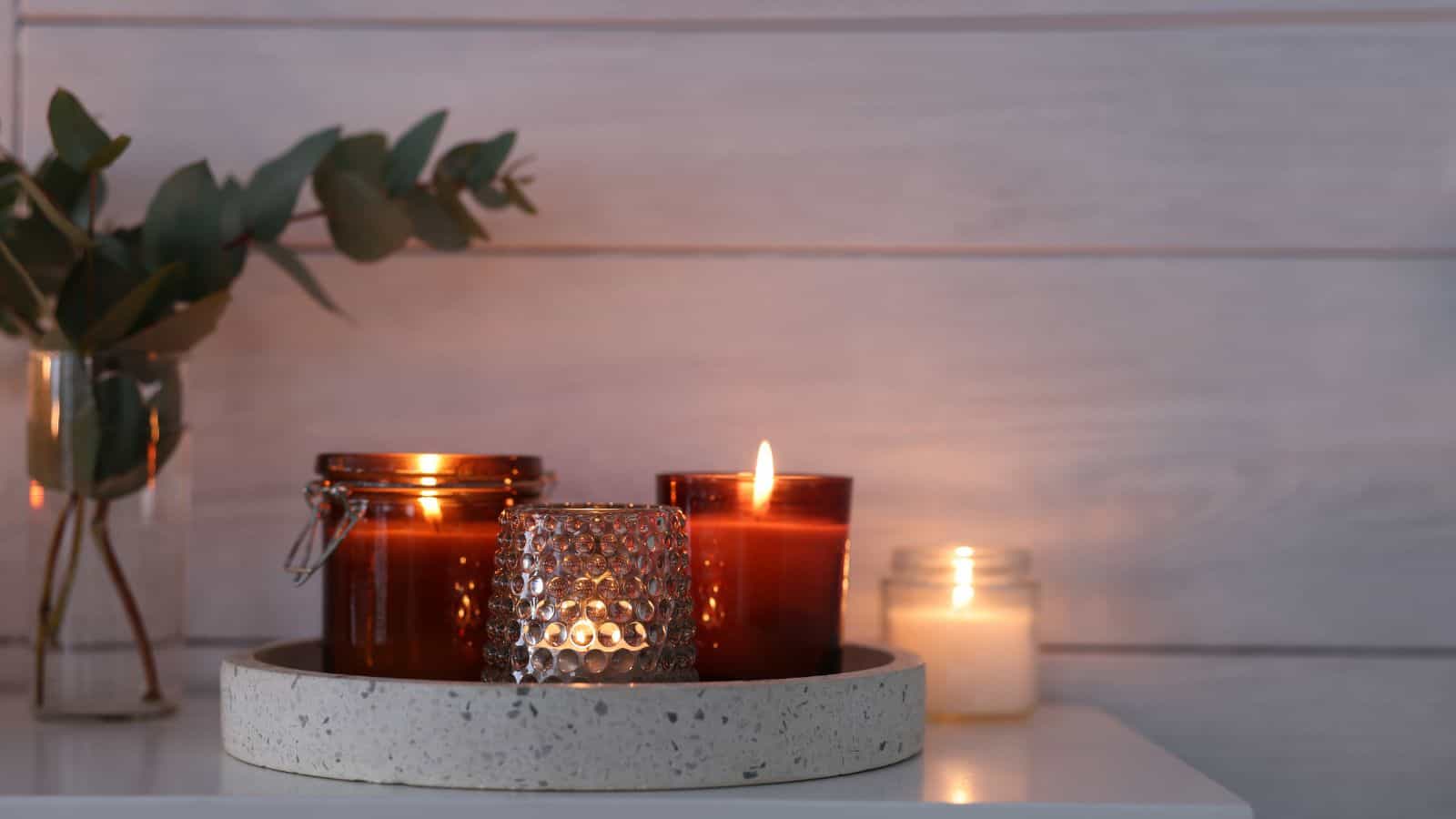
If you want a new creative project, you could do as people did in the 1800s and make your own candles! Homemade candles can be made from melting beeswax or tallow and using cotton wicks. You can also add essential oils to give them a nice smell.
Homemade Furniture Polish
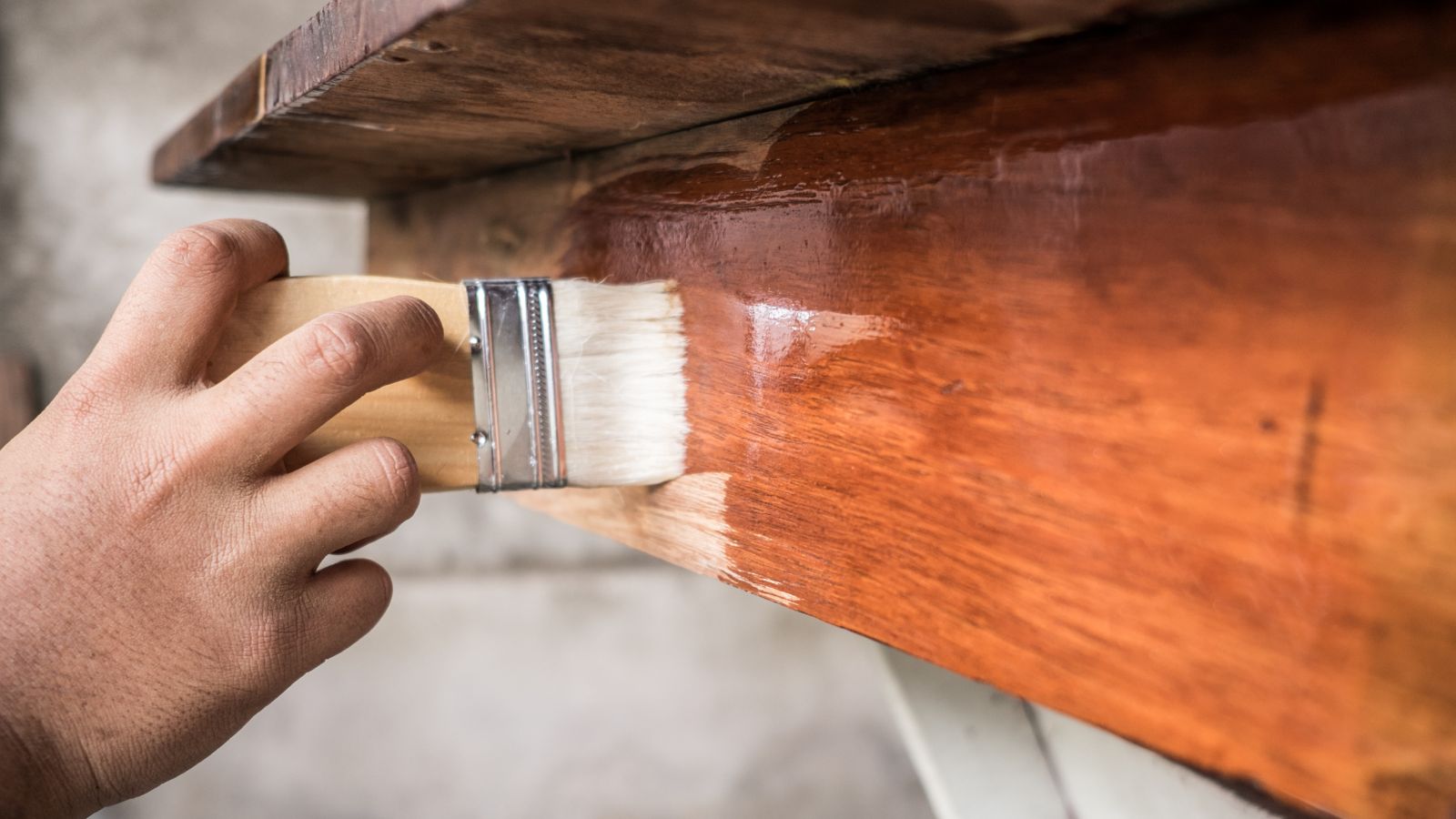
You could save money on furniture polish if you use this 19th-century life hack to make your own! You can mix olive oil and lemon juice to make DIY furniture polish, and beeswax can create a lasting shine. Just buff your furniture with a soft cloth for a polished finish.
Natural Insect Repellent
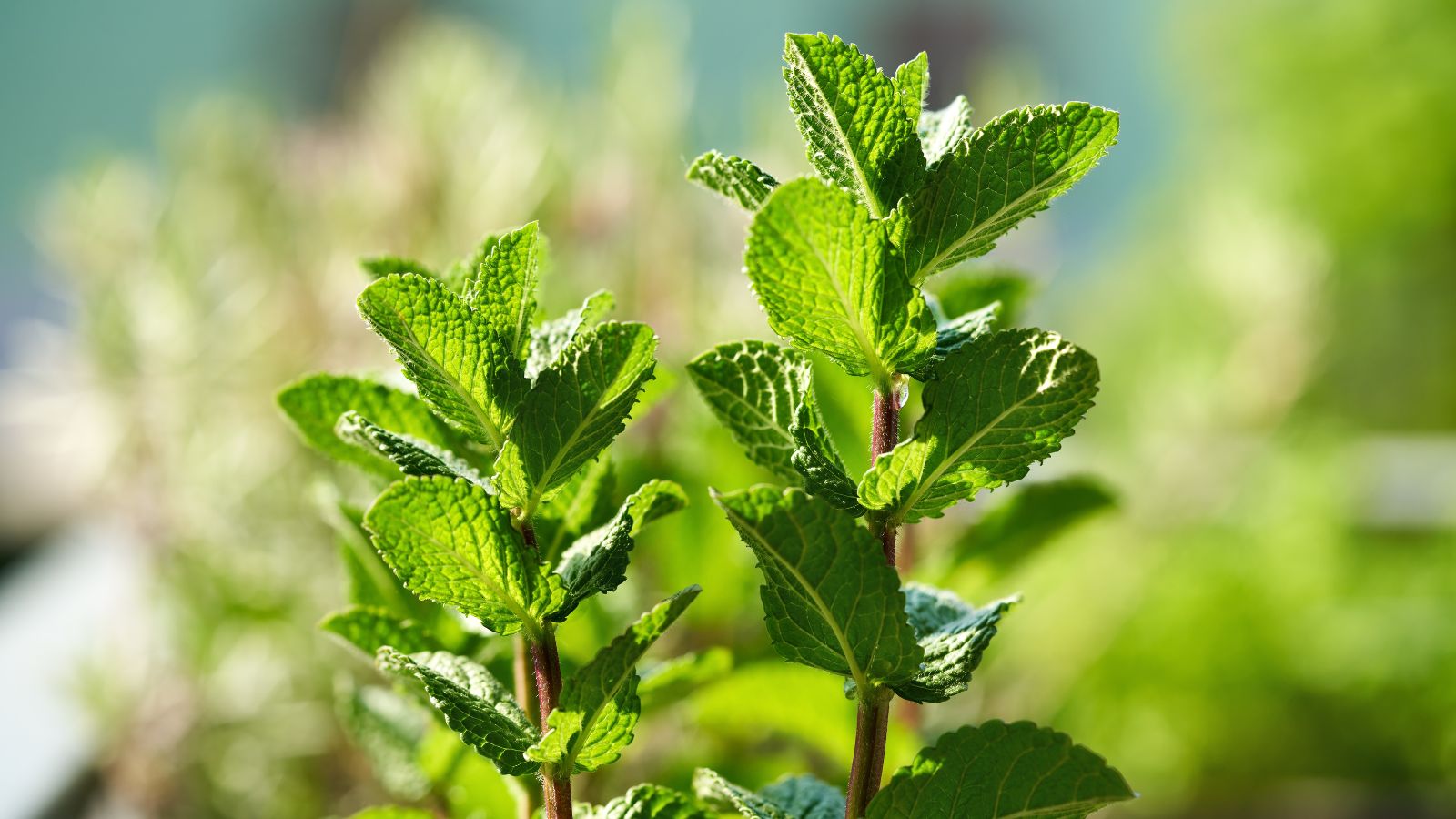
While we have access to many chemical-based insect repellents, it can be beneficial to use natural repellents like they did in the 19th century. Lavender and eucalyptus can repel mosquitos, and citronella candles are good for outdoor protection. Mint and cloves are also known to keep pests away.
Sewing Home Goods
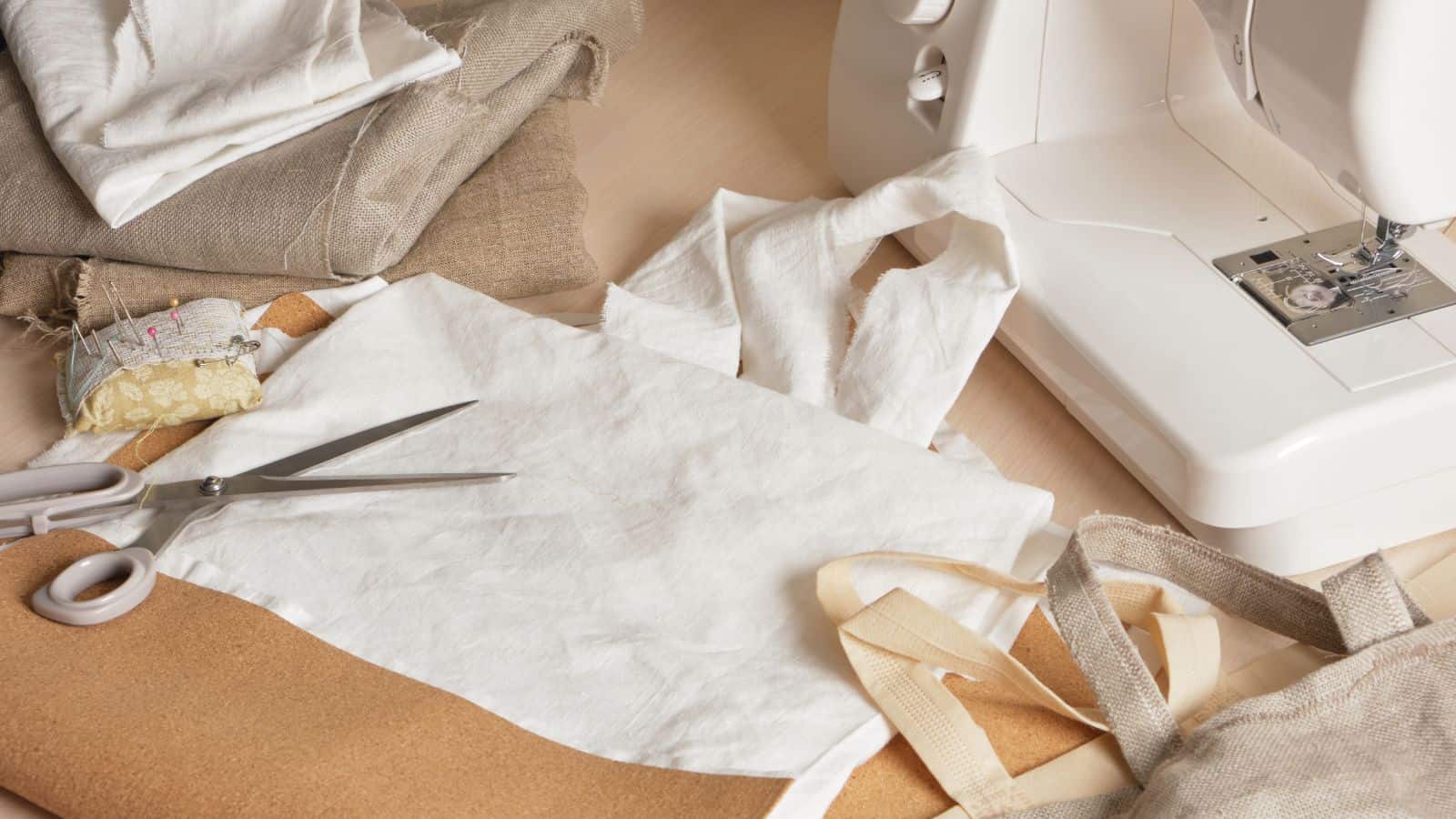
Knowing how to sew can help you save money on home goods like curtains, bedding, and shopping bags. You could make your own curtains and pillowcases and craft quilts from fabric scraps. You could also repurpose fabric into reusable cloth bags.
Home Remedies for Cleaning Silver
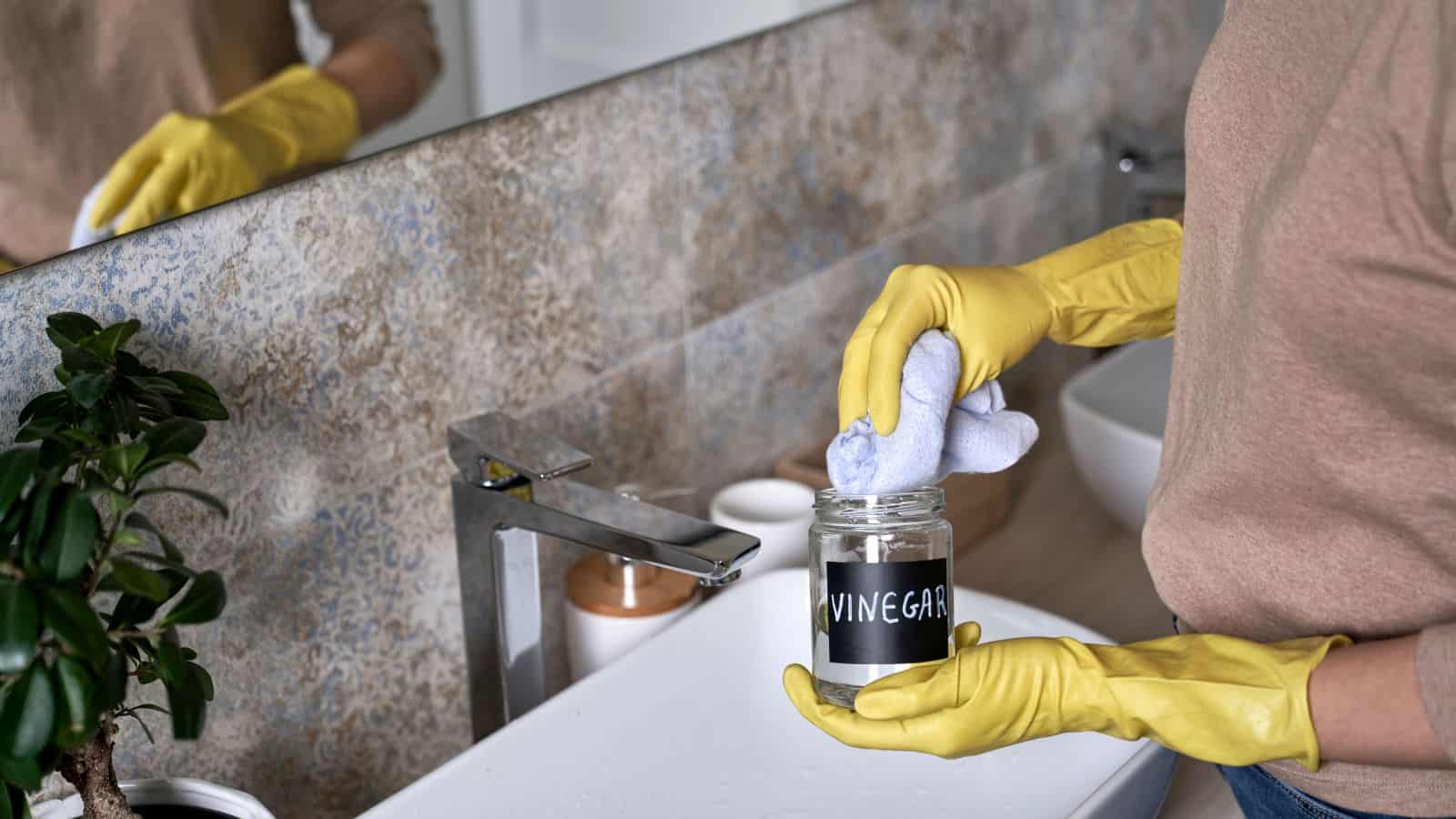
You can clean your silver like they did in the 1800s with a few common household items, including baking soda and water or vinegar and aluminum foil. Business Insider describes this as an “old-school method of cleaning silver that’s not only easy but also environmentally friendly.”
Naturally Eliminating Odors
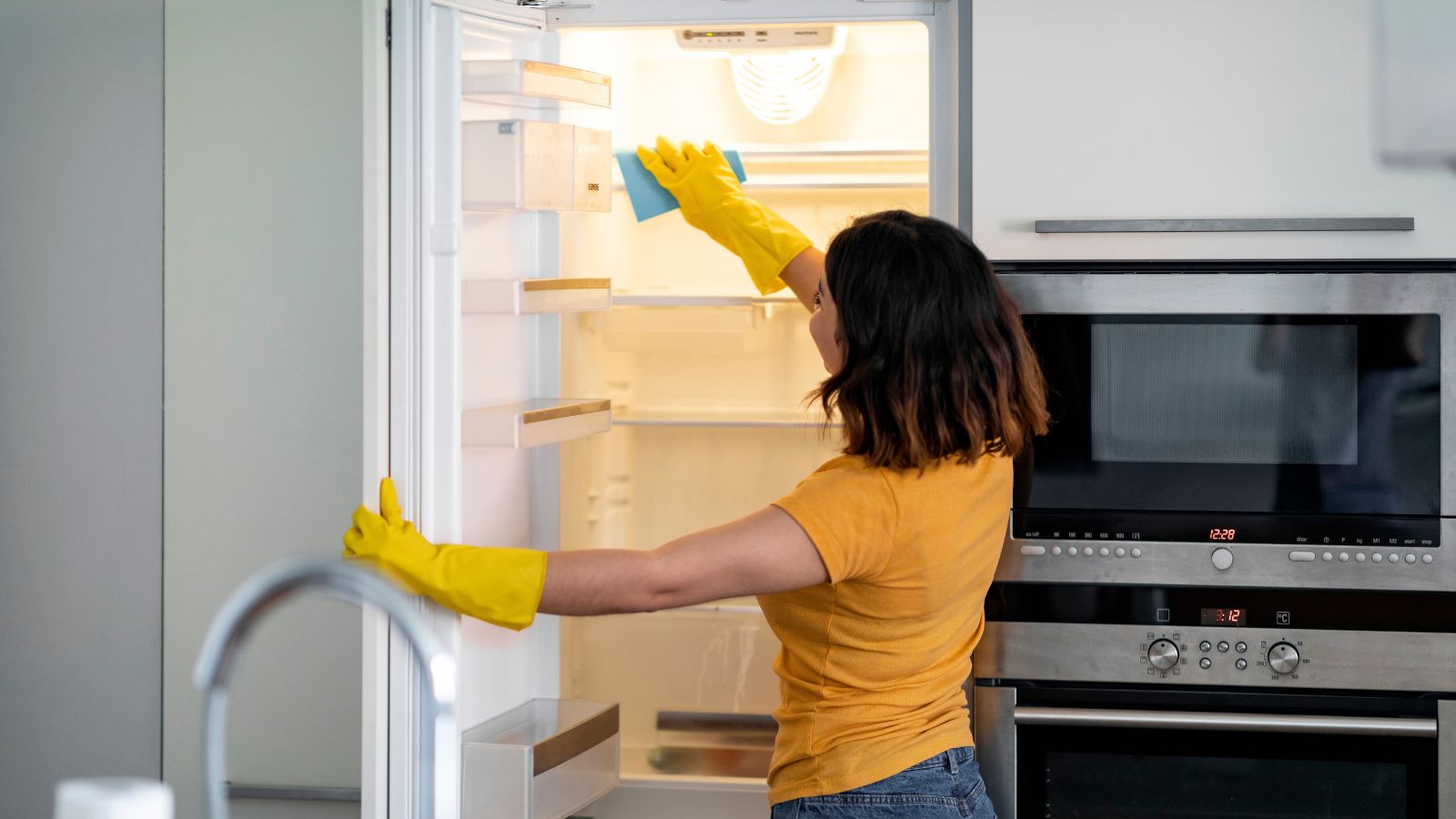
Nobody wants a smelly home! Get rid of pesky odors in your home with natural odor killers. Charcoal can absorb odors, and baking soda is particularly good at removing bad smells from shoes and refrigerators. You can also simmer spices to create a pleasant smell in your home.
DIY Leather Care
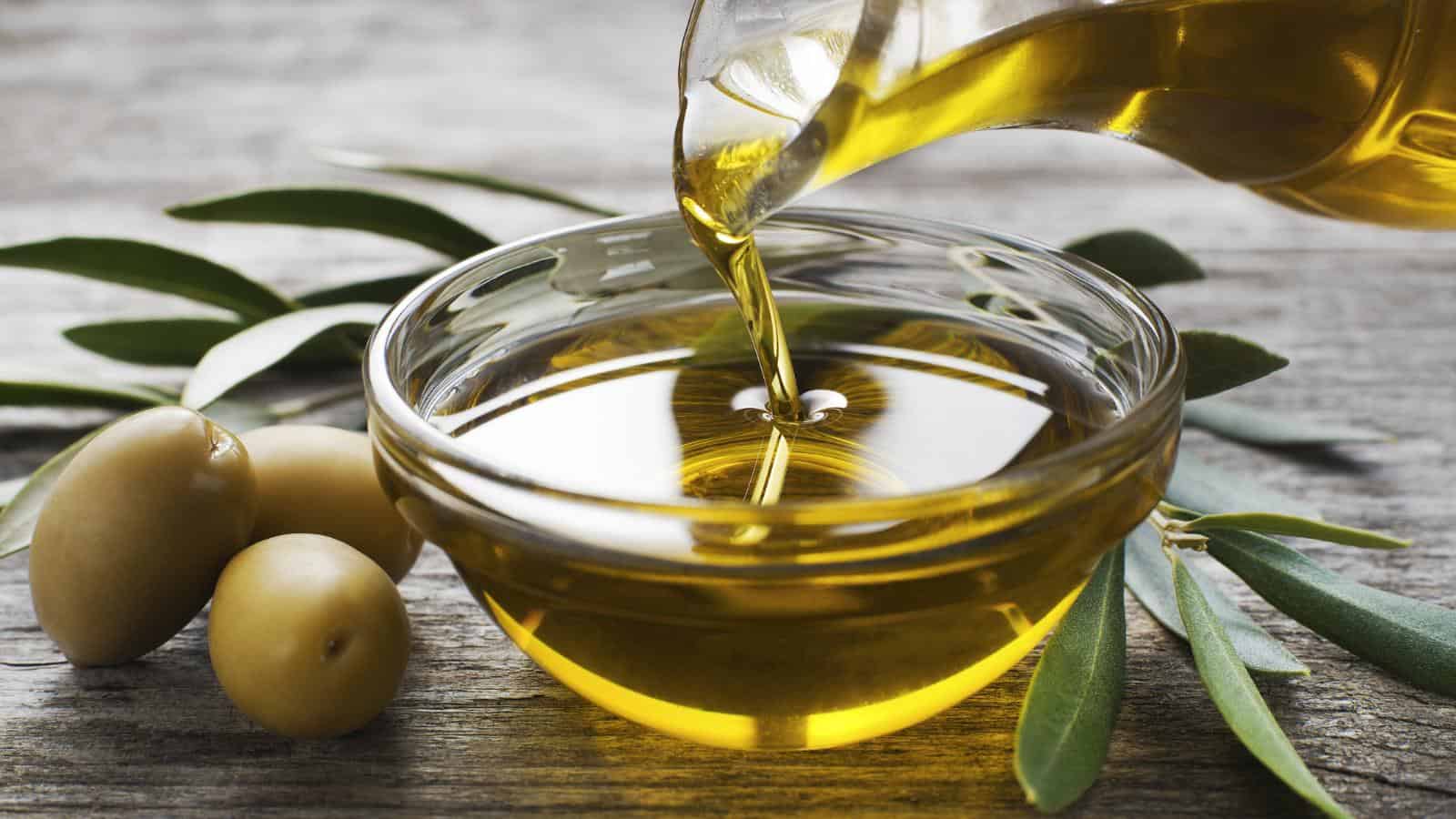
Keep your leather items looking brand new with effective, natural techniques for leather care that people used in the 1800s. Olive oil can be used to condition leather, and beeswax can be effective for waterproofing. You can also clean leather with a mixture of vinegar and water.
Homemade Toothpaste and Oral Care
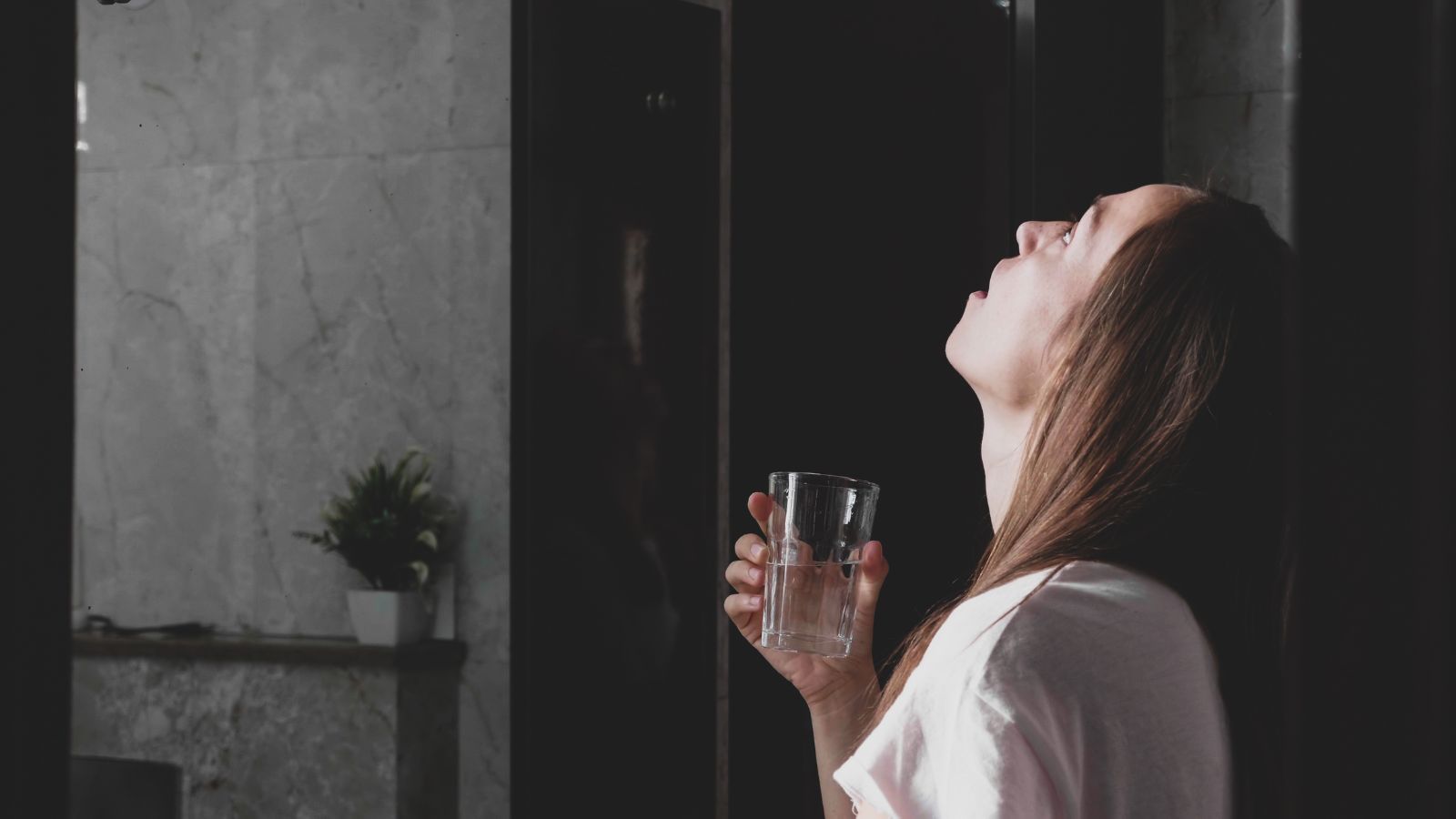
Yet another use for baking soda! You can mix baking soda with salt to create homemade toothpaste like people would have before supermarket shelves were stocked with a never-ending choice of toothpaste. You could also rinse with hydrogen peroxide, which has antibacterial, antiviral, and disinfectant properties.
Up Next: 19 American Foods that Are Not Allowed in Other Countries
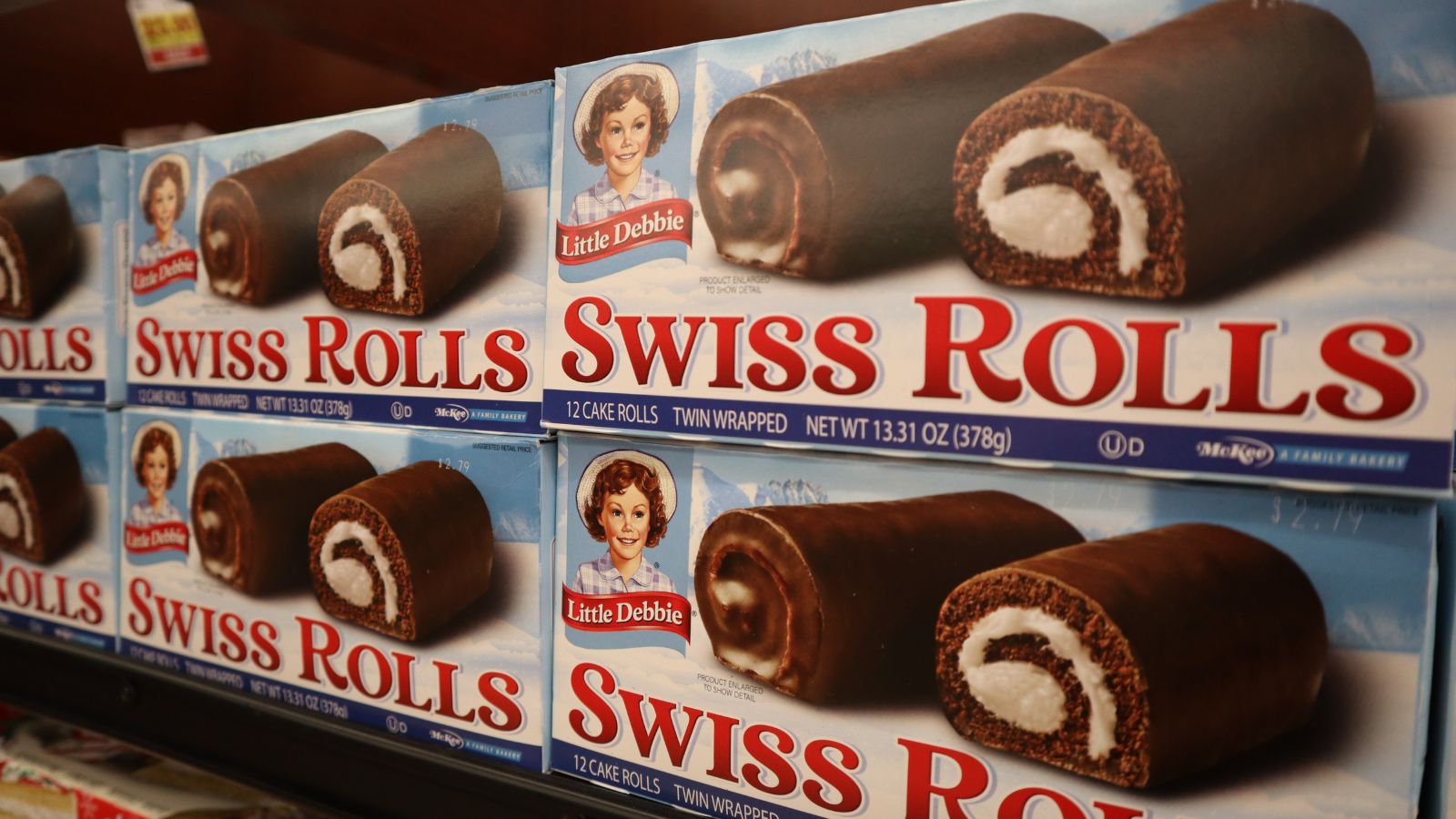
We can debate all day about who has the safest food supply in the world. Though, I’d bet you would be surprised at how many everyday American foods are banned in other countries. Most are due to chemical additives and pesticides, which, in places like the EU, cannot be approved for use unless proven safe. Let’s take a look at 19 of them.
19 American Foods that Are Not Allowed in Other Countries
19 Things That Will Happen When You Stop Drinking Alcohol

Whether you identify as an alcoholic or a casual drinker, alcohol can have a significant negative impact on your health. This is why more and more people are choosing to go cold turkey for the sake of their well-being. If you’re considering going sober but need a little more convincing, we’ve got you covered. Here are 19 things that will happen when you stop drinking alcohol.
19 Things That Will Happen When You Stop Drinking Alcohol
17 Things Guests Actually Notice Right Away About Your House

Inviting people into your home is a big deal. You may be very house-proud or house-conscious, and if you are either, you’ll likely get anxious about hosting. If this sounds like you, stop worrying and focus on the following 17 things that guests actually notice right away about your house.
17 THINGS GUESTS ACTUALLY NOTICE RIGHT AWAY ABOUT YOUR HOUSE

